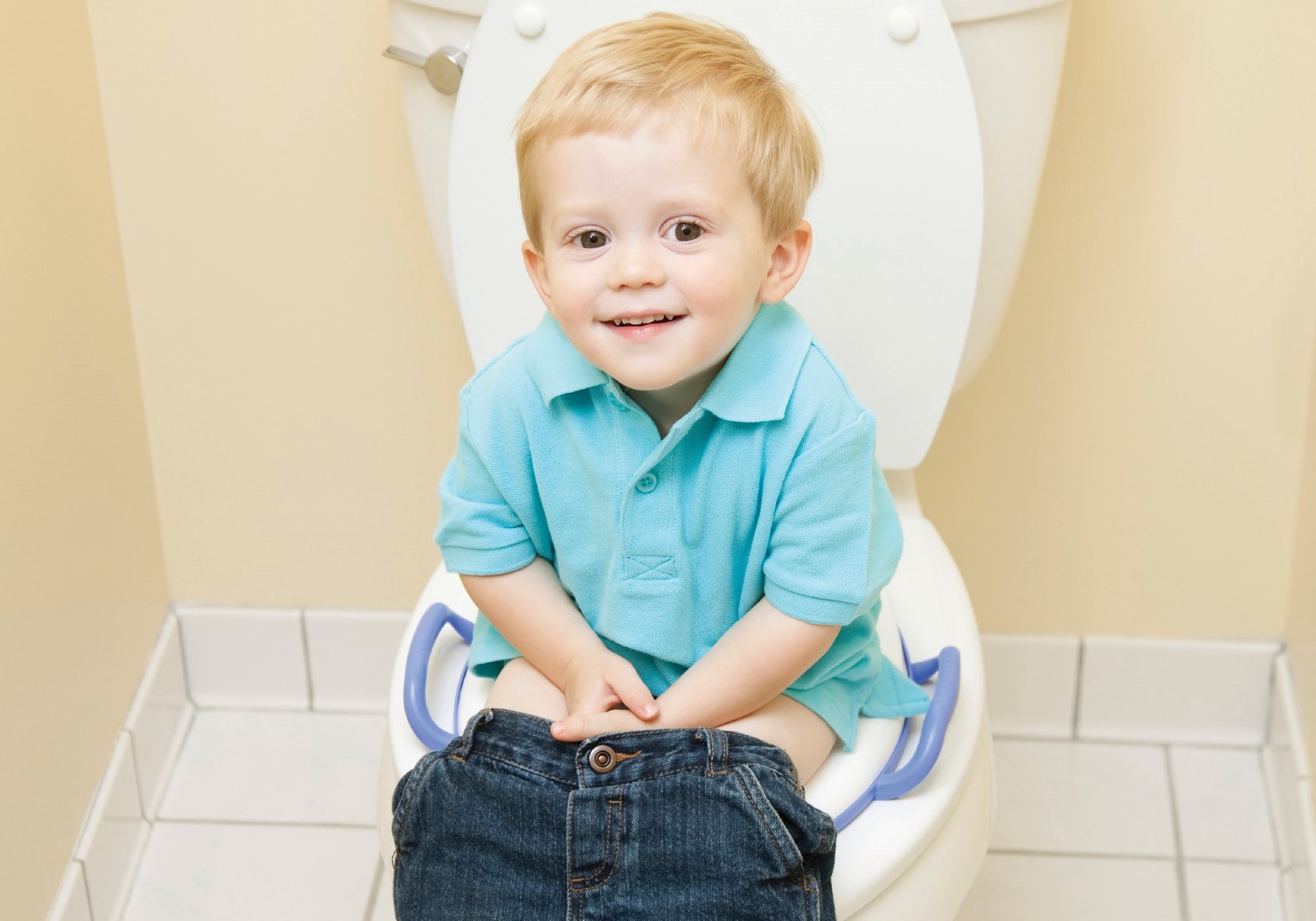
All children develop differently. They need to be physically ready to control their bladder and bowels and they need to be able to show that they want to use the potty or toilet before starting training.
Some children will be dry during the day by the age of two and we would expect most children to be reliably dry during the day by the time they are four years old. Being dry at night will take longer. There will be some children with specific needs and may need other help and support.
So generally, a good time to think about starting potty or toilet training is between the ages of two and two and a half. It’s best to try when there are no big changes at home, for example the arrival of a new baby, or when there’s a change in routine, like going on holiday.
Some children may not be ready to start at two and a half and its best to wait till they are a little older. We don’t expect children to start school in nappies unless there’s a good reason, and most children wouldn’t choose to go to school in nappies. With the right help and encouragement, they should be dry and in pants by the time they start school.
Have a look at the NHS guide on potty training which has some useful links including ERIC which is a specialist charity which gives lots of advice on potty training as well guidance with specific problems or concerns.
There is some advice on potty training problems available, for example if your child doesn’t want to sit on the potty.
Your Family Health Team can give more support. Talk to the team when your child has their two to two-and-a-half-year review or contact them for advice.
Also speak to your child minder or nursery where they are involved in your child’s care. They will also have lots of experience and knowledge.
This can be a worry for parents but for young children this is not at all unusual.
Please use the links below for more information.





